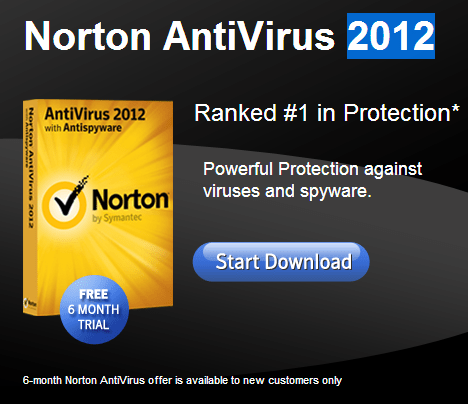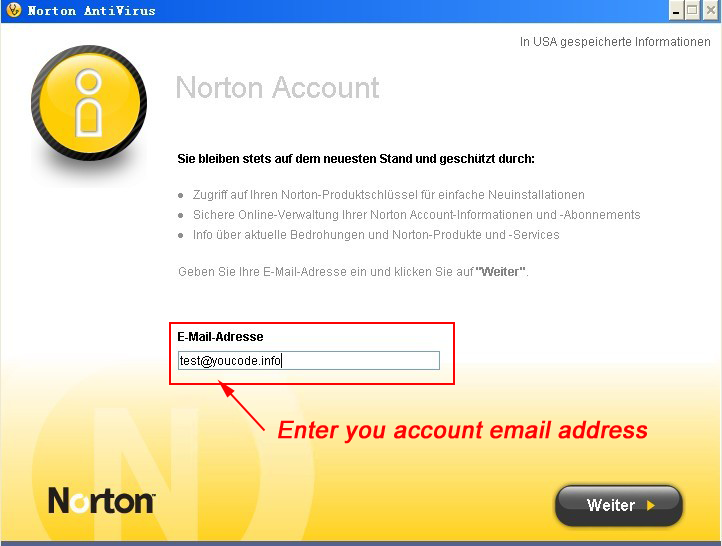

“They hope that you are too distracted by all the activity to identify their tricks.” “Scammers take advantage of the busiest times of the year, including holidays, when email inboxes are full of promotions, receipts, and other content,” the notice reads. Upon calling the number, it came up as Hawaii and immediately disconnected.Īfter doing a quick Google search, it turned out that Norton itself issued a warning about this scam.

It definitely doesn’t look like something Norton would send out. There is also a random period that is also underlined. For example, the contact number is in large blue font on an underline connected to tiny red letters calling it a customer support helpline. The invoice itself looks somewhat official at first, but after skimming it, there are some strange markings and design flaws. That’s a number that would make me fall right out of my desk chair. “One of the reasons why you’re seeing more emails, is more people are getting hip to robocalls and they’re not answering them, right? So you’re going to see more emails, more text messages as the FCC cracks down on these robocalls,” said Irwin.CHICO - This week a local resident reached out to us about someone pretending to be Norton, the anti-virus company, with an invoice for $382.99. The McAfee and Norton Antivirus emails have been particularly bothersome to people, avoiding most spam filters and inundating inboxes daily. The latest phishing scams are designed to give them access to your computer and everything in it by installing malware on your devices.ĭaniel Irwin with the Better Business Bureau of the Mid-South said consumers are flooding the BBB Scam Tracker website with complaints about email scams, like the ones that offer free Amazon or PayPal gift cards, free blenders from Walmart or a free drill from Home Depot, and all you have to do is click the link to get it.

These crooks aren’t just after your money or your personal information. As the FCC gets tough on those annoying robocalls, crooks are turning to phishing scams, emails that may look legit, but are definitely not. (WMC) - The Better Business Bureau of the Mid-South issued a warning about cyber criminals targeting Mid-Southerners with email scams.


 0 kommentar(er)
0 kommentar(er)
